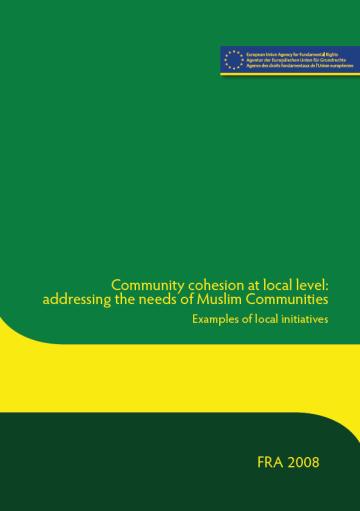Article 4 of Protocol No 7 to the ECHR reads as follows:
"1. No one shall be liable to be tried or punished again in criminal proceedings under the jurisdiction of the same State for an offence for which he has already been finally acquitted or convicted in accordance with the law and penal procedure of that State.
2. The provisions of the preceding paragraph shall not prevent the reopening of the case in accordance with the law and the penal procedure of the State concerned, if there is evidence of new or newly discovered facts, or if there has been a fundamental defect in the previous proceedings, which could affect the outcome of the case.
3. No derogation from this Article shall be made under Article 15 of the Convention."
The "non bis in idem" principle applies in Community law (see, among the many precedents, the judgment of 5 May 1996, Cases 18/65 and 35/65, Gutmann v. Commission [1966] ECR 103 and a recent case, the decision of the Court of First Instance of 20 April 1999, Joined Cases T-305/94 and others, Limburgse Vinyl Maatschappij NV v. Commission [1999] ECR II-931). The rule prohibiting cumulation refers to cumulation of two penalties of the same kind, that is to say criminal law penalties.
In accordance with Article 50, the "non bis in idem" principle applies not only within the jurisdiction of one State but also between the jurisdictions of several Member States. That corresponds to the acquis in Union law; see Articles 54 to 58 of the Schengen Convention, Article 7 of the Convention on the Protection of the European Communities' Financial Interests and Article 10 of the Convention on the fight against corruption. The very limited exceptions in those Conventions permitting the Member States to derogate from the "non bis in idem" principle are covered by the horizontal clause in Article 52(1) of the Charter concerning limitations. As regards the situations referred to by Article 4 of Protocol No 7, namely the application of the principle within the same Member State, the guaranteed right has the same meaning and the same scope as the corresponding right in the ECHR.

